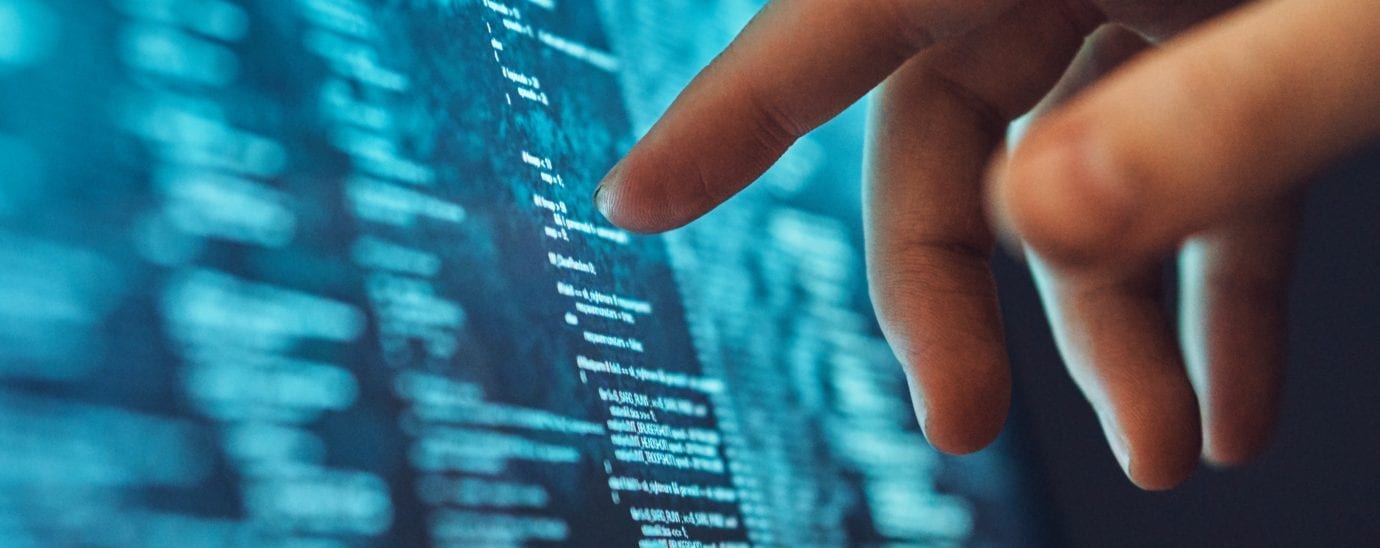How will AI Algorithms change the way businesses operate?

The future is here. AI algorithms are allowing machines to perform complex tasks quicker and easier than ever before and with that comes job insecurity for many. Is there an urgent need to propel society and business as a whole into a new realm using AI technology?
AI is helping fulfil the goals of companies looking to restructure how technology benefits businesses. According to Forrester, technology such as machine learning, artificial intelligence, robots, and automation will change 7% of US jobs. With expanding doubts over the future comes the shifting dynamics of previously stable sectors, such as manufacturing.
With growing market volatility, most producers need to innovate. Adapting and reacting to changes with cost-effectiveness and speed is vital. A system’s efficacy depends upon these reactions and AI is helping to revolutionise manufacturing, gaming, banking, retail, industrial, and government, opening means of an easier path to the future by offering a host of advantages and opportunities, improving manufacturing efficiencies, and bringing machine interaction closer to human interaction.
How will AI change the world?
AI has been driven by the automation of knowledge-based work. We are creating new ways to automate tasks. Tech leaders may be responsible for restructuring the way people and machines live and socialize, to create a better, stronger digital economy.

AI helps overcome many inherent challenges which have been plaguing society: from deficiency of experience to decision complexity, integration problems, and info overload. Adopting AI as a base level enables companies to completely transform their processes. The use of AI and robots is especially appealing in industrial manufacturing as they re-evaluate mass production.
Robots are able to perform repetitive tasks, streamlining the manufacturing model, increasing capacity, building automation solutions, eliminating human errors and delivering higher levels of quality assurance. AI offers, round the clock production: while humans are forced to work in 3 shifts to ensure continuous production, robots can enable a non-stop, 24/7 production line.
Businesses can augment their manufacturing capabilities and fulfil the growing demand of clients worldwide. With mishaps a risk due to human error, a change towards AI means fewer individuals need to carry out dangerous and overly laborious work.
Do we actually want to replace humans with AI?
The biggest issue with AI in the workplace isn’t actually “can we?” but “should we?”
The idea of a robot stealing your job has been around since the dawn of the internet, but only with the rise of machine learning has this been a real possibility. In a world which is becoming ever more over-populated, the need to give real people real work may outweigh the necessity of artificial intelligence. However, this is something people shouldn’t worry about, according to experts.
Redesign is more important than elimination when it comes to human jobs. Just as the internet helped to enhance our working day with computers, devices and networks to keep us all connected, artificial intelligence will take the more repetitive occupations out of our hands. AI is not particularly creative and it doesn’t strategise. The more mundane jobs that we currently employ will most likely be taken by AI, but it’s imperative that we begin thinking about how we can reinvent the working life of those most affected.
Job “shredding” is a real possibility. It’s time to rethink tasks that need human responsibilities rather than erasing them.
We will need to “upskill” workers
AI may replace 40% of employment. The key to humans adapting to this lies is in upskilling blue collar workers.
Self-driving cars and automated cleaning services are just two examples of how artificial intelligence could take employment from human beings. Productivity gains from AI could mean that businesses are capable of expansion and this in turn could create new jobs.
One major reason for the lack of workers in skilled trades, such as plumbers, electricians and bricklayers, is that there is a lack of skill and information among people. Putting in the effort to train more humans may well be necessary to survive alongside robots.